
Progression-free survival was not statistically significant with Trodelvy versus chemotherapy as first-line treatment in HR+/HER2– metastatic breast cancer.

Progression-free survival was not statistically significant with Trodelvy versus chemotherapy as first-line treatment in HR+/HER2– metastatic breast cancer.
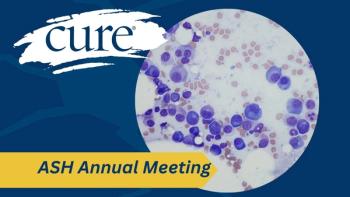
A new combination of Blincyto and Iclusig provided improved results and stronger responses for patients with Philadelphia chromosome-positive ALL compared with traditional chemotherapy.

For pediatric and young adult patients with B-cell acute lymphoblastic leukemia, removal of total body irradiation did not compromise efficacy.
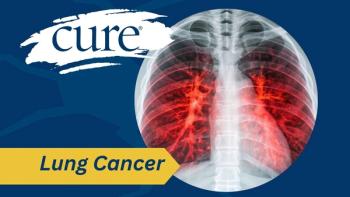
The Beamion LUNG-1 study showed that first-line Hernexeos had benefit for patients with HER2-mutated NSCLC.

Enhertu plus Perjeta improved progression-free survival versus THP in patients with HER2-positive advanced or metastatic breast cancer across subgroups.
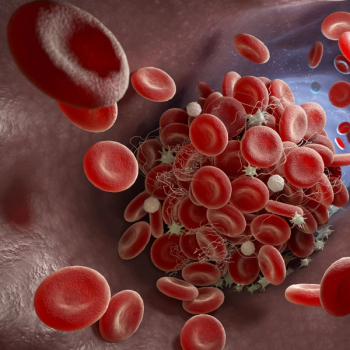
Results from the phase 3 VERONA trial were presented at the 2025 Society of Hematologic Oncology Annual Meeting.

Rybrevant plus chemotherapy improved response and delayed disease progression for patients with EGFR-mutated non–small cell lung cancer after Tagrisso.

Adjuvant Opdivo, cisplatin and radiotherapy improved DFS vs other treatment among those with locally advanced squamous cell carcinoma of the head and neck.

GLP-1 drugs lowered rates of obesity-related cancers and death versus DPP-4s, with no increased cancer risk, study finds.

Final results were consistent with previously conducted research in patients with advanced renal cell carcinoma treated with Cabometyx, Opdivo and Yervoy.

Neoadjuvant Keytruda for patients with deficient DNA mismatch repair colon cancer resulted in a pathological complete response rate of 44%.
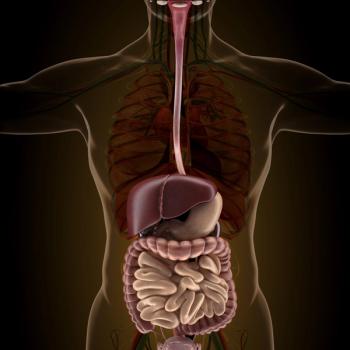
Among patients with resected gallbladder cancer, the addition of chemoradiation to chemotherapy treatment did not improve relapse-free survival.
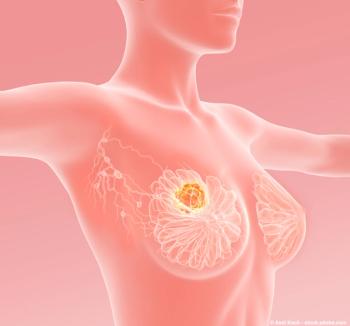
A combination of presurgical Zejula and Jemperli showed promising treatment responses in certain patients with ER-positive, HER2-negative breast cancer.

The Venclexta-based regimen improved complete response rates in patients with acute myeloid leukemia and myelodysplastic syndromes.

Patients with glioblastoma experienced tumor control after complete in-situ vaccination and anti-PD-1 immunotherapy, researchers have reported.

In patients with advanced NSCLC, treatment with Jemperli plus chemotherapy showed promising effectiveness compared with Keytruda plus chemotherapy.

Distance relapse-free survival was maintained in patients with pMMR locally advanced rectal cancer through non-operative management of the disease.

In patients with HR-positive breast cancer who recently gave birth, breastfeeding is OK during a break from receiving hormone therapy.

Patients with NSCLC did not see a disease-free survival benefit with Imfinzi after surgery compared with taking a placebo.

Researchers found that adding retroperitoneal lymphadenectomy to cytoreductive surgery did not improve survival among patients with advanced ovarian cancer.
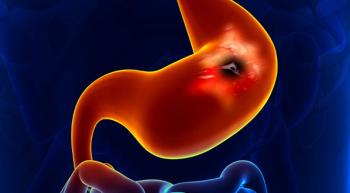
Patients with advanced gastric cancers tended to have better survival outcomes when given Opdivo plus chemotherapy, compared to those who were given chemotherapy alone.
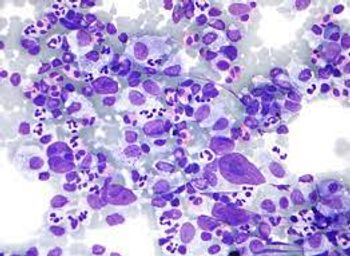
Updated safety and subgroup analyses appear consistent with previously reported results from the phase 2 ZUMA-12 study of Yescarta for patients with high-risk large B-cell lymphoma.

The use of artificial intelligence to detect sentinel lymph nodes in patients with breast cancer may be able to save time and reduce costs as compared with immunohistochemistry.
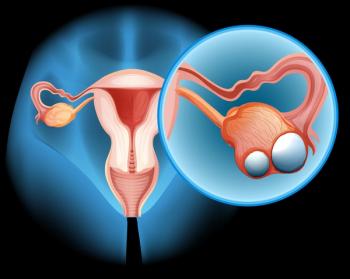
The phase 3 FLAMES trial showed a benefit of progression-free survival with senaparib compared to placebo in patients with newly diagnosed, advanced ovarian cancer.

Patients with ER-positive, triple-negative metastatic breast cancer treated with a HER3-direct antibody drug conjugate obtained clinical responses with a positive safety profile.

Patients with HER2-low gastric cancer tended to have distinct characteristics compared to those with HER2-negative or -positive disease, warranting more research into this group, research found.

Adding Rivoceranib to pegylated liposomal doxorubicin — a type of chemotherapy — improved survival outcomes for patients with platinum-resistant ovarian cancer, according to recent study results.

Long-term follow-up shows that the CAR-T cell therapy Tecartus continues to elicit durable responses in patients with relapsed/refractory mantle cell lymphoma.

Patients with biliary tract cancer achieved a better survival outcome after receiving treatment with an oral antimetabolite following surgical resection than patients who only were treated with surgery.
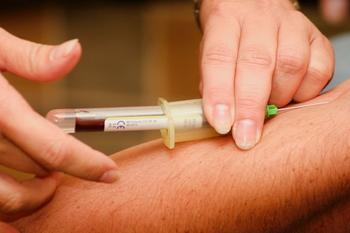
The use of a ctDNA assay could help determine which patients with colorectal cancer may benefit most from chemotherapy after surgery.

Published: January 25th 2025 | Updated: